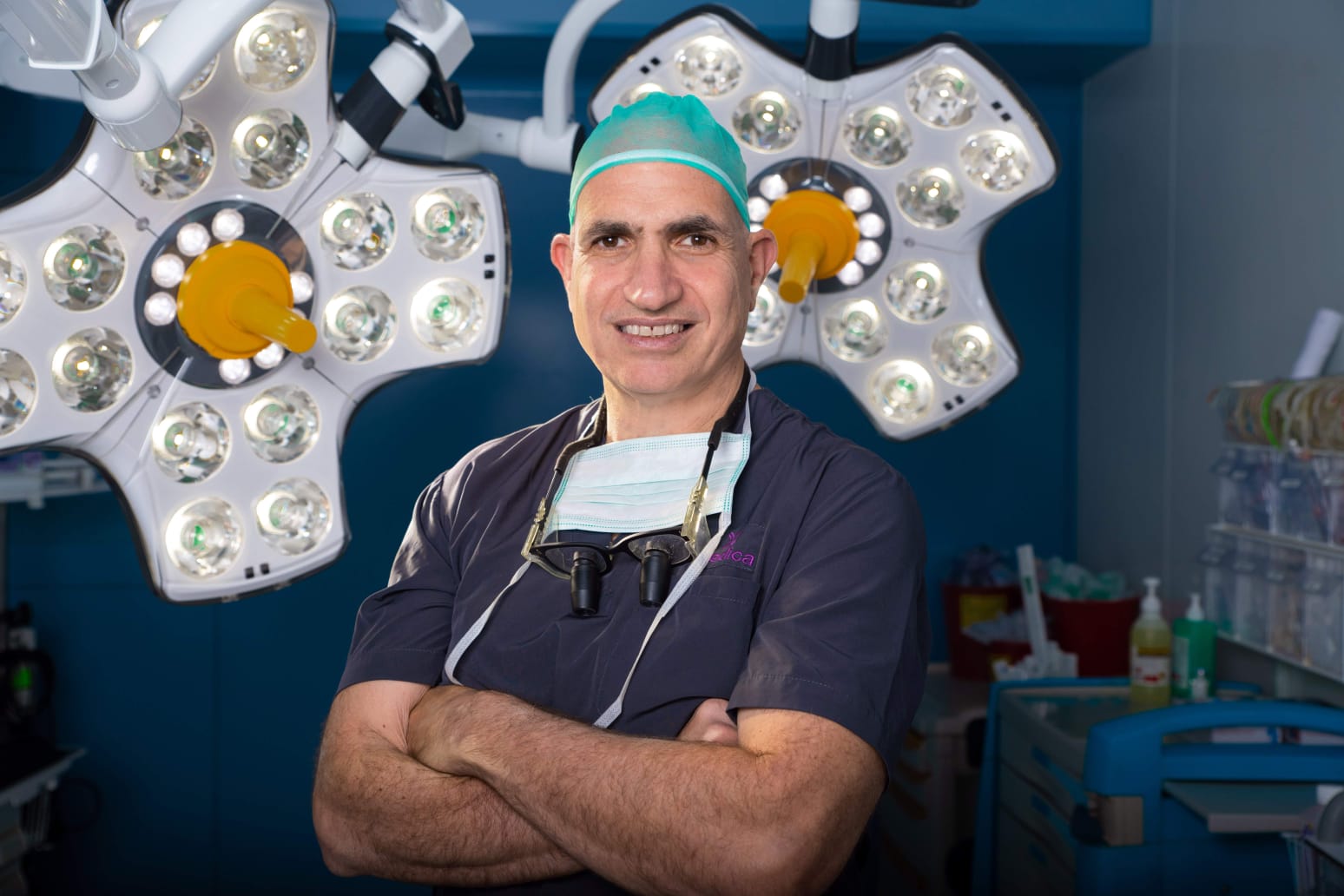If you’ve been trying to conceive for over a year without success, it’s time to consider male infertility as a contributing factor. Male fertility issues account for nearly half of all infertility cases in couples—yet they often go undiagnosed or misunderstood.
At VIVILITY, we help men across Dubai, Abu Dhabi, Sharjah, and across the UAE uncover the root causes of infertility through expert evaluation and diagnostics. Whether it’s low sperm count, DNA fragmentation, varicocele, or hormonal imbalances, we’re here to guide you toward clarity and treatment.

Get answers today—schedule a complete male fertility checkup with VIVILITY.
Male infertility refers to a man’s inability to contribute to pregnancy despite regular, unprotected intercourse. It’s often due to problems with sperm production, quality, or function, and may involve:
These issues can lead to difficulty conceiving naturally, even if the female partner is healthy.
Facing difficulties starting a family? Let us help you identify the issue—book your fertility assessment today.
A range of treatable health conditions can interfere with sperm production and delivery. Here are the most common:
A varicocele is an enlargement of veins in the scrotum, causing overheating in the testicles and impairing sperm production.
Hormones like testosterone, FSH, and LH are essential for healthy sperm development. Hormonal issues may stem from:
Some men are born with conditions like:
These can cause poor sperm production or no sperm at all (azoospermia).
Conditions like retrograde ejaculation or anejaculation prevent sperm from reaching the egg.
Past infections such as mumps, prostatitis, STIs, or orchitis can damage sperm-producing tissues.
This means no sperm is present in the ejaculate, caused by either blockage (obstructive) or failed sperm production (non-obstructive).
High levels of DNA damage in sperm can prevent fertilization or cause early miscarriages.
Not all infertility causes are medical. Many men in the UAE suffer reduced sperm health due to lifestyle or environmental influences, such as:
Worried your habits are affecting your fertility? Book a male wellness consultation at VIVILITY today.

Unlike women, men can produce sperm into old age—but sperm quality still declines with age. After 40, many men experience:
If you’re over 40 and trying to conceive, it’s worth evaluating your fertility.
Don’t let age go unchecked—schedule a sperm health test today at VIVILITY.
In some cases, even after thorough testing, no specific cause can be identified. This is called idiopathic male infertility and can still be addressed with:
We use advanced diagnostics to uncover the exact reason behind infertility, including:
Our labs across Dubai, Sharjah, Abu Dhabi, and Ajman are equipped to provide accurate, same-day results.
Take the first step—book your complete male infertility evaluation today.
Consider consulting a fertility expert if you or your partner:
The sooner we identify the problem, the more treatment options are available.
Don’t delay—early intervention leads to better outcomes. Book your appointment today.
The first step to solving infertility is understanding it. Our specialists at VIVILITY provide comprehensive, discreet, and compassionate care to help you find the cause and a way forward.
Whether you’re in Dubai, Sharjah, Abu Dhabi, Al Ain, or beyond—your solution is just one consultation away.
Book your fertility test today and take control of your reproductive health.
Causes include varicocele, hormonal imbalance, genetic conditions, infections, and lifestyle factors.
Yes. Treatment depends on the underlying cause and may include medications, surgery, or ART.
Absolutely. Chronic stress can alter hormone levels and impact sperm quality.
A semen analysis and hormone test are the first steps. Further tests may be advised based on the results.
Not always. Many causes are treatable or manageable with lifestyle changes and medical support.
It can be. Certain conditions like Klinefelter syndrome or Y chromosome microdeletions are inherited.

Dr. Shlomi Barak is a male fertility specialist with extensive experience in Obstetrics and Gynaecology. He graduated with honours from the Technion Medical School and completed his residency and specialist training at Bnai-Zion Hospital in Israel. Throughout his medical education, Dr. Barak earned multiple academic awards and scholarships, reflecting his dedication and excellence in the field.